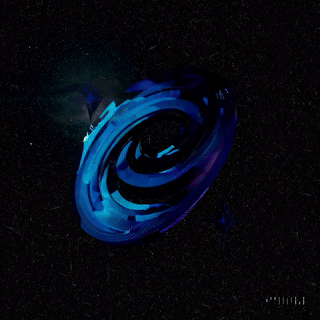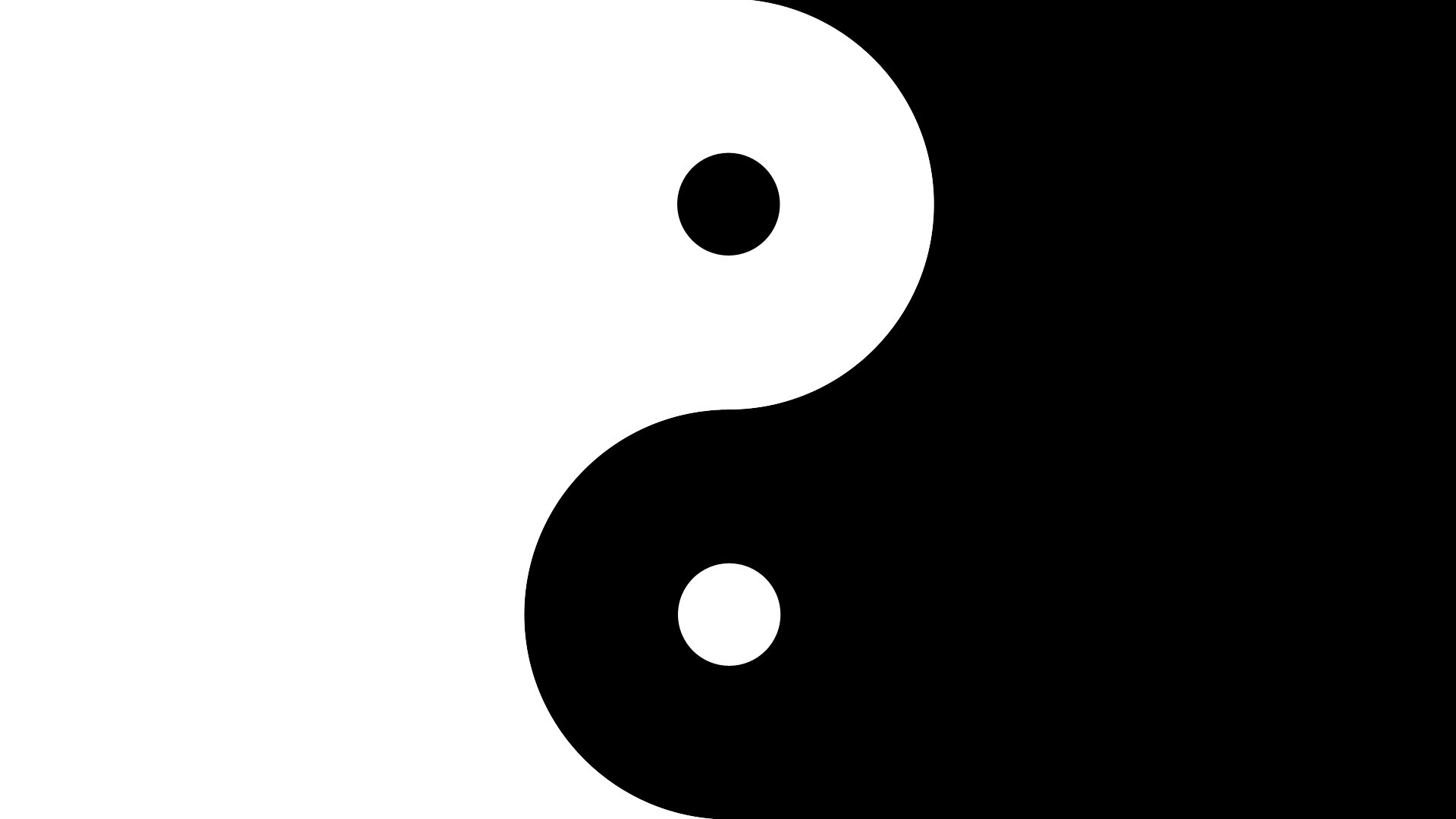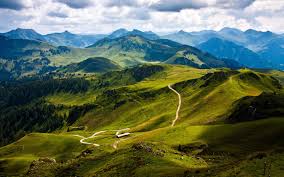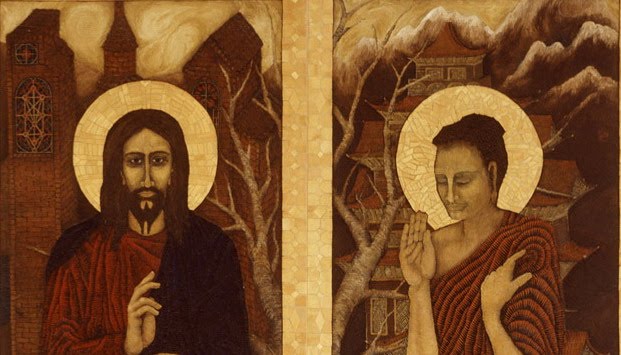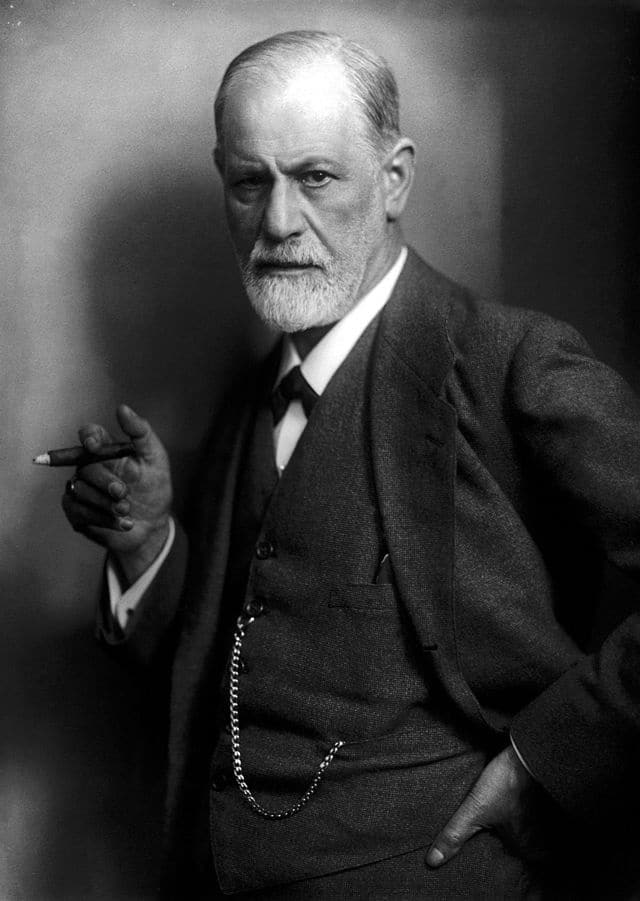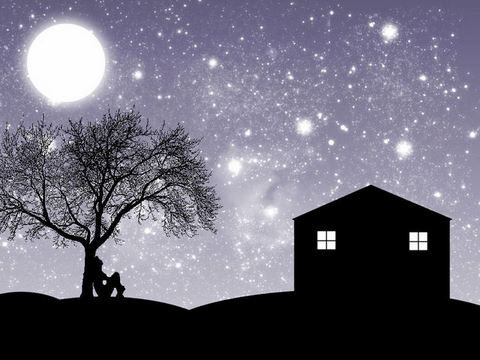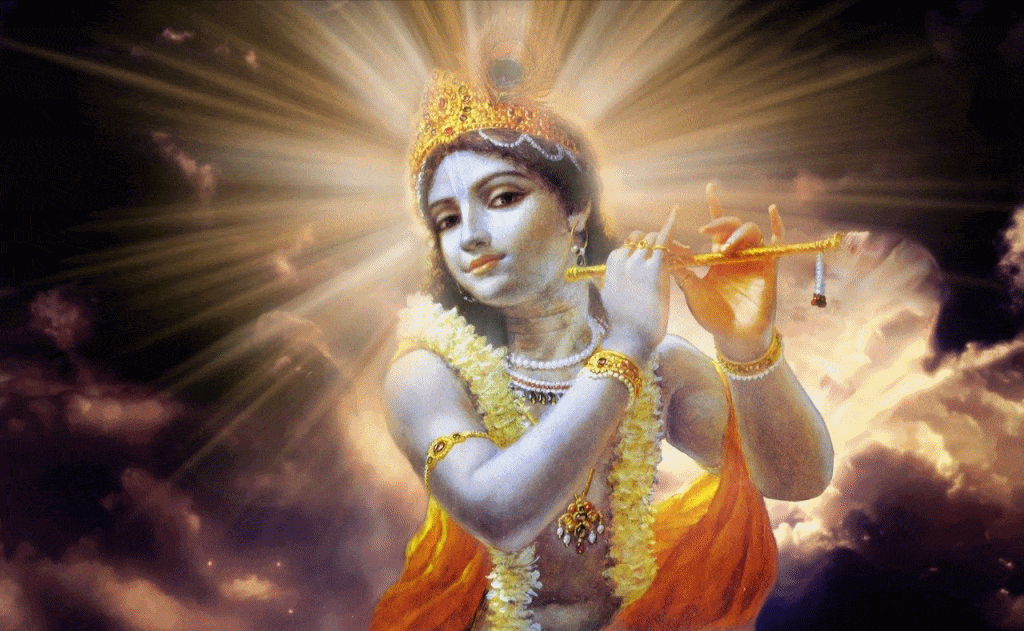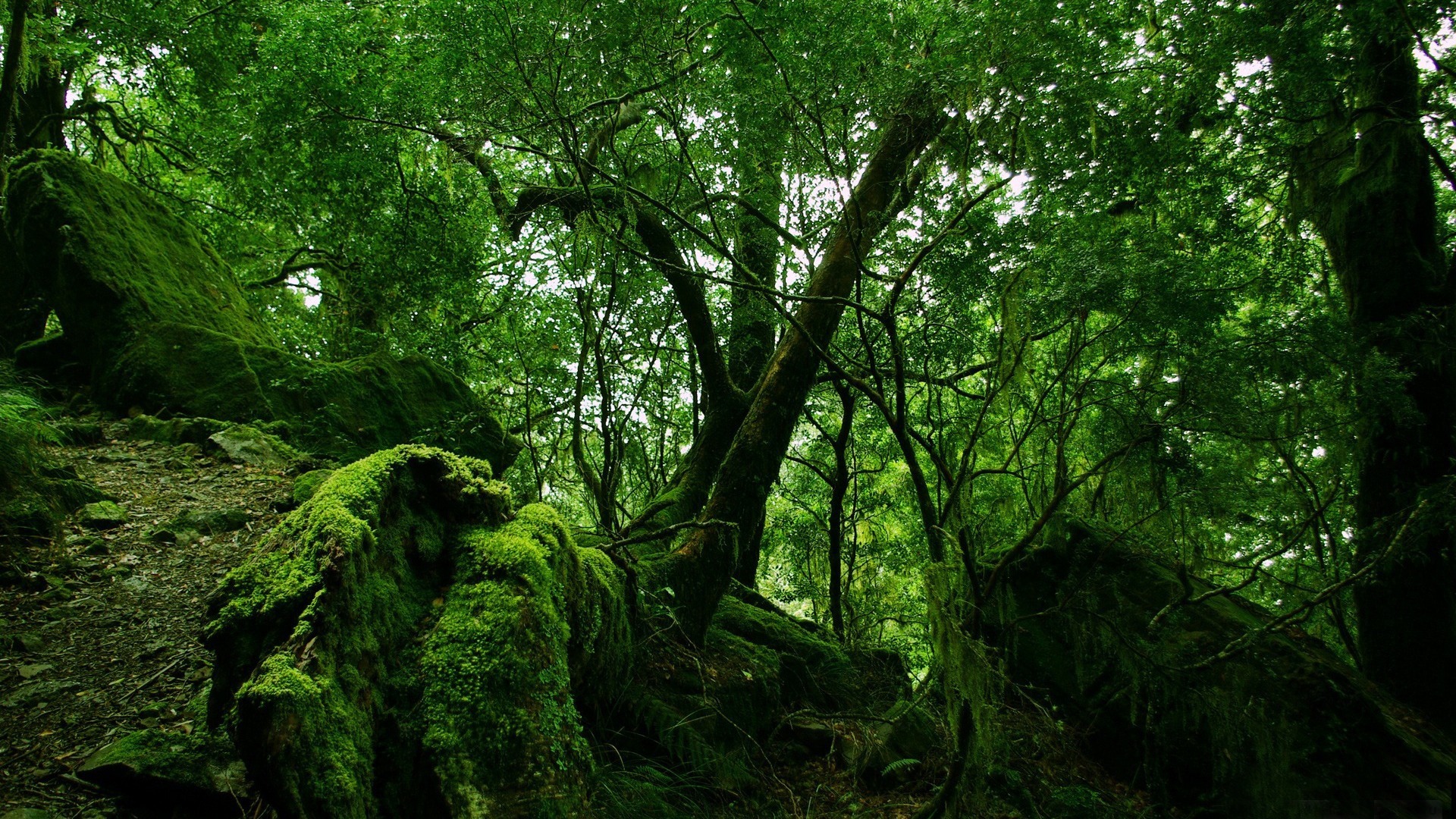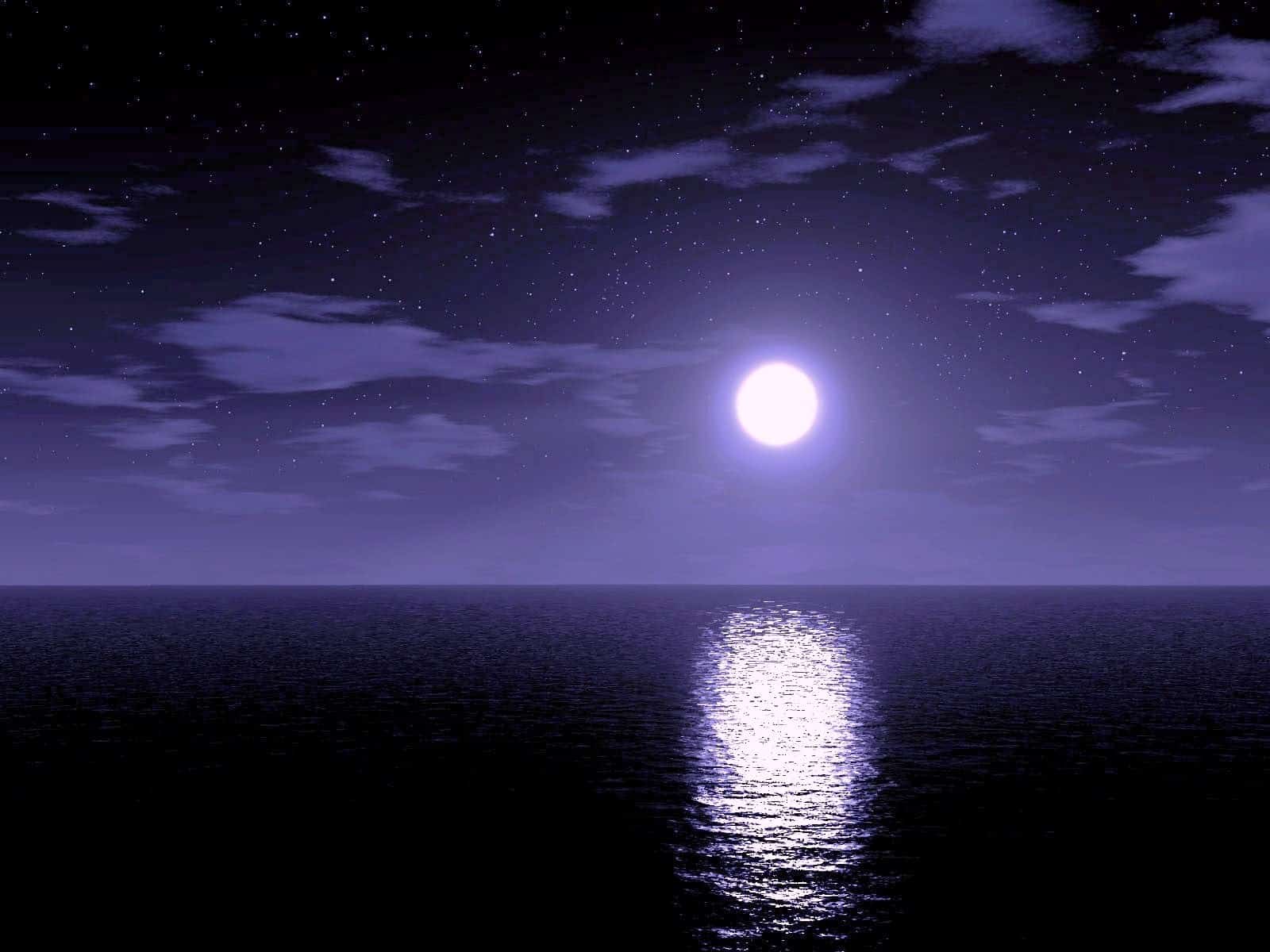Yin Yoga Meditation
A Unique Approach to Meditation Meditation is one of my favorite things. Yoga, sitting cross-legged while doing various mental exercises, running, teaching yoga, and performing other focused exercises are examples of what I define as meditation. Anything where there is focus and concentration. Yin yoga has become more and more prevalent in my own practice, … Read more
